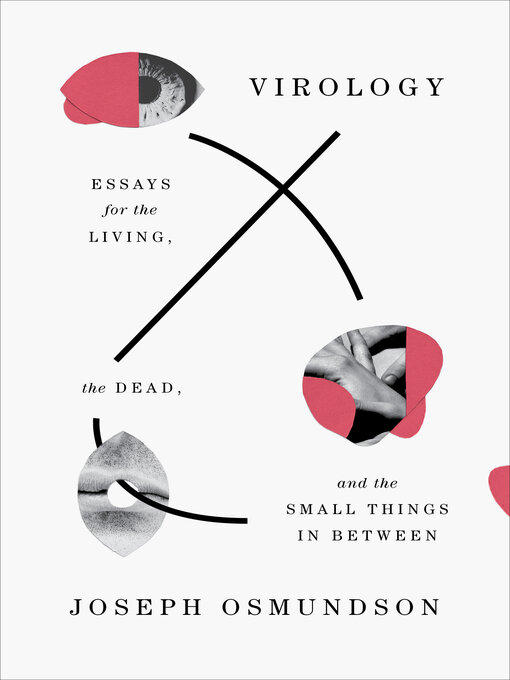Finalist for the National Book Critics Circle Award in Nonfiction
Named a Most Anticipated Book of 2022 by Literary Hub
A leading microbiologist tackles the scientific and sociopolitical impact of viruses in eleven striking essays.
Invisible in the food we eat, the people we kiss, and inside our own bodies, viruses flourish—with the power to shape not only our health, but our social, political, and economic systems. Drawing on his expertise in microbiology, Joseph Osmundson brings readers under the microscope to understand the structure and mechanics of viruses and to examine how viruses like HIV and COVID-19 have redefined daily life.
Osmundson's buoyant prose builds on the work of the activists and thinkers at the forefront of the HIV/AIDS crisis and critical scholars like José Esteban Muñoz to navigate the intricacies of risk reduction, draw parallels between queer theory and hard science, and define what it really means to "go viral." This dazzling multidisciplinary collection offers novel insights on illness, sex, and collective responsibility. Virology is a critical warning, a necessary reflection, and a call for a better future.




